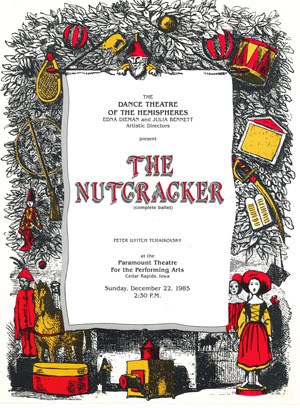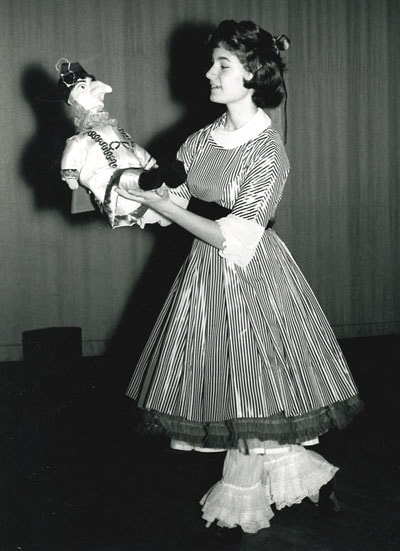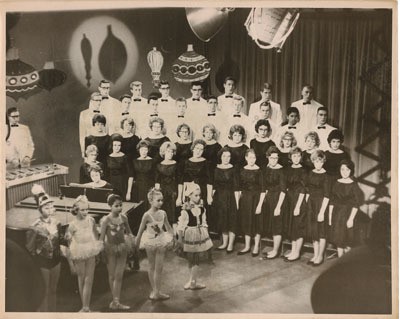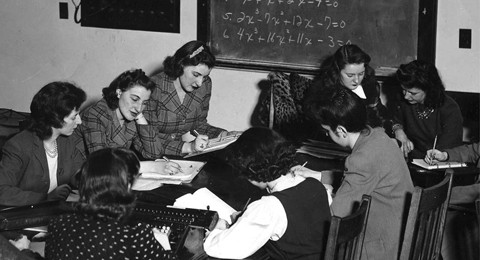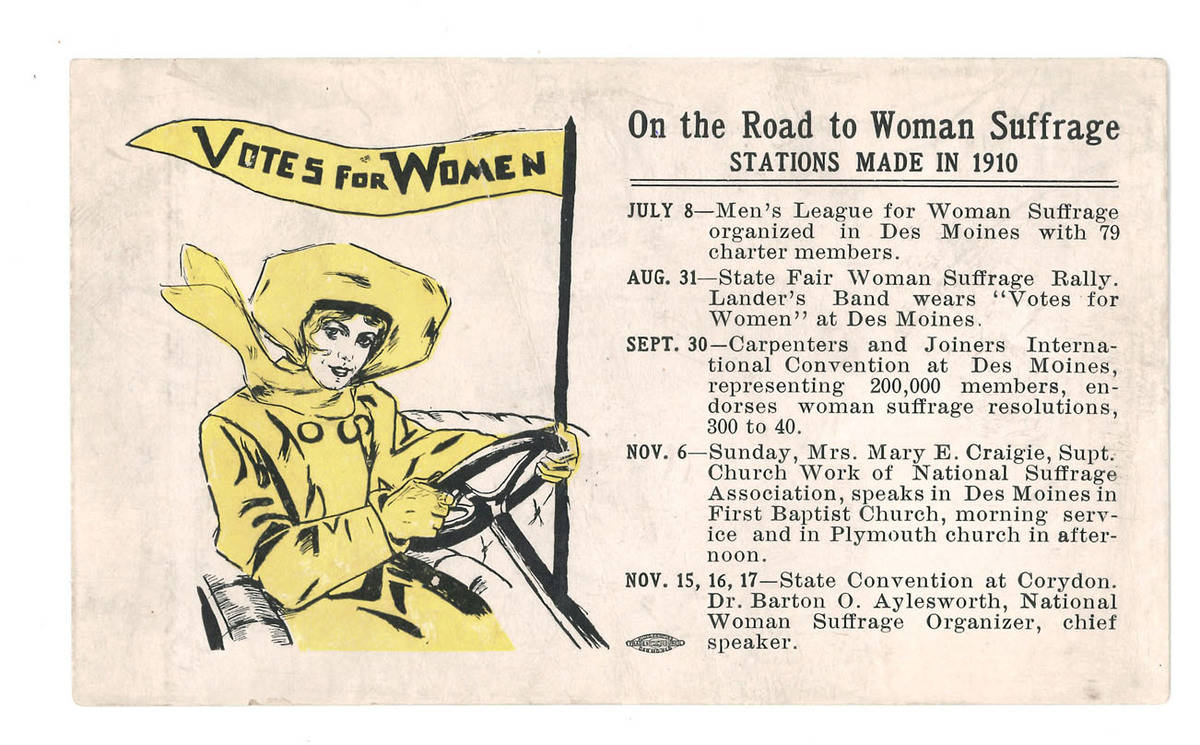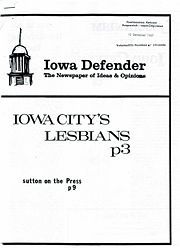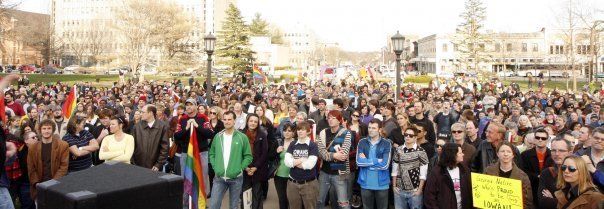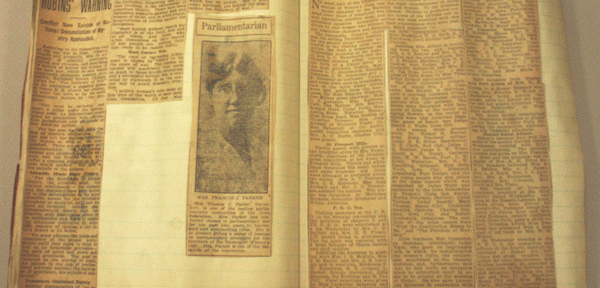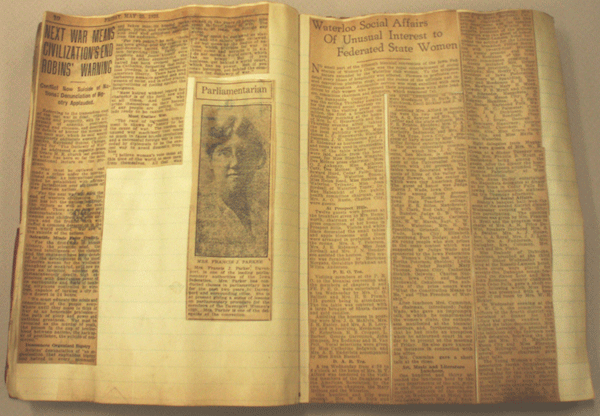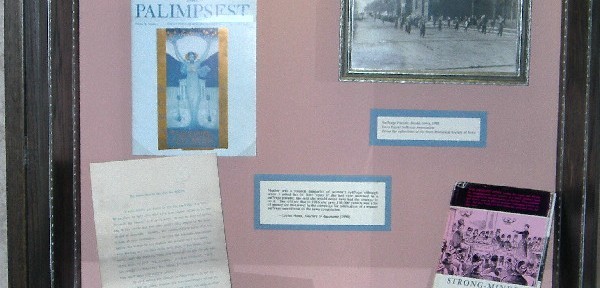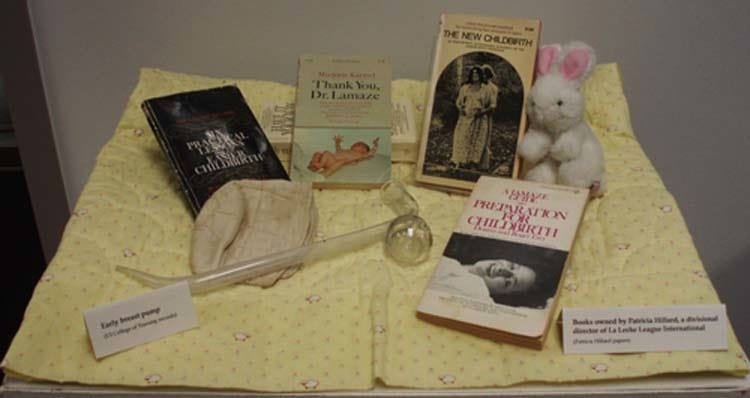The Iowa Women’s Archives will host events on feminist documentary filmmaking and on the Triangle Factory fire of 1911.
Tuesday, March 22nd, 4:00 p.m., Iowa Women’s Archives, UI Main Library
Award-winning filmmaker Marlene Booth will present a talk entitled “Tell Me a Story: Making and Learning From Documentary Films” on Tuesday, March 22nd. Born and raised in Des Moines, Booth looks back – with clips from her films – on 35 years of filmmaking as a woman, a feminist, and a dyed-in-the-wool Hawkeye. The event will be held in the Iowa Women’s Archives. Reception at 4:00 p.m., followed by presentation from 4:30-5:30 p.m. The Iowa Women’s Archives is located on the 3rd floor of the University of Iowa’s Main Library, just off Burlington and Madison in Iowa City.
Booth, a lecturer in film at the University of Hawaii, has worked in film since 1975, both as an independent and for public television station WGBH-TV in Boston. She has produced and directed several major documentary films screened on PBS, at national and international film festivals, and in classrooms nationwide. Her most recent film, Pidgin: the voice of Hawaii (2009), examines the language spoken by over half of Hawai’i’s people, and confronts issues of language and identity, and who gets to decide what language we speak. Marlene Booth’s visit is sponsored by the UI’s Chief Diversity Office, Law School, History Department, Libraries, and Hillel.
Wednesday, March 23rd at 7:00 p.m. at Hillel
Marlene Booth’s 1999 film “Yidl in the Middle: Growing Up Jewish in Iowa” (1999) explores her Iowa-Jewish roots and uses home movies, period photos, her high school reunion, and interviews, to examine the process of negotiating identity, as an American, a Jew, and a woman. “Yidl in the Middle” will be screened at Hillel (122 E. Market St.) on Wednesday, March 23rd at 7:00 p.m., followed by a question and answer with the director.
Friday, March 25th noon to 1:00 p.m, Room 2032, UI Main Library
We will close women’s history month on Friday, March 25th with “In Memoriam: The Triangle Factory Fire 100th Anniversary,” an event to commemorate the 146 young, immigrant garment workers who lost their lives in this tragedy. Remarks by Professor of History Linda K. Kerber will begin at noon. Dramatic readings by Carol Macvey and UI theater students will follow, with comments by playwright Janet Schlapkohl. This event will take place from noon to 1:00 p.m. in the 2nd floor conference room (2032) of the UI Main Library (Burlington and Madison streets).
For further information call 319-335-5068. All events are free and open to the public.
